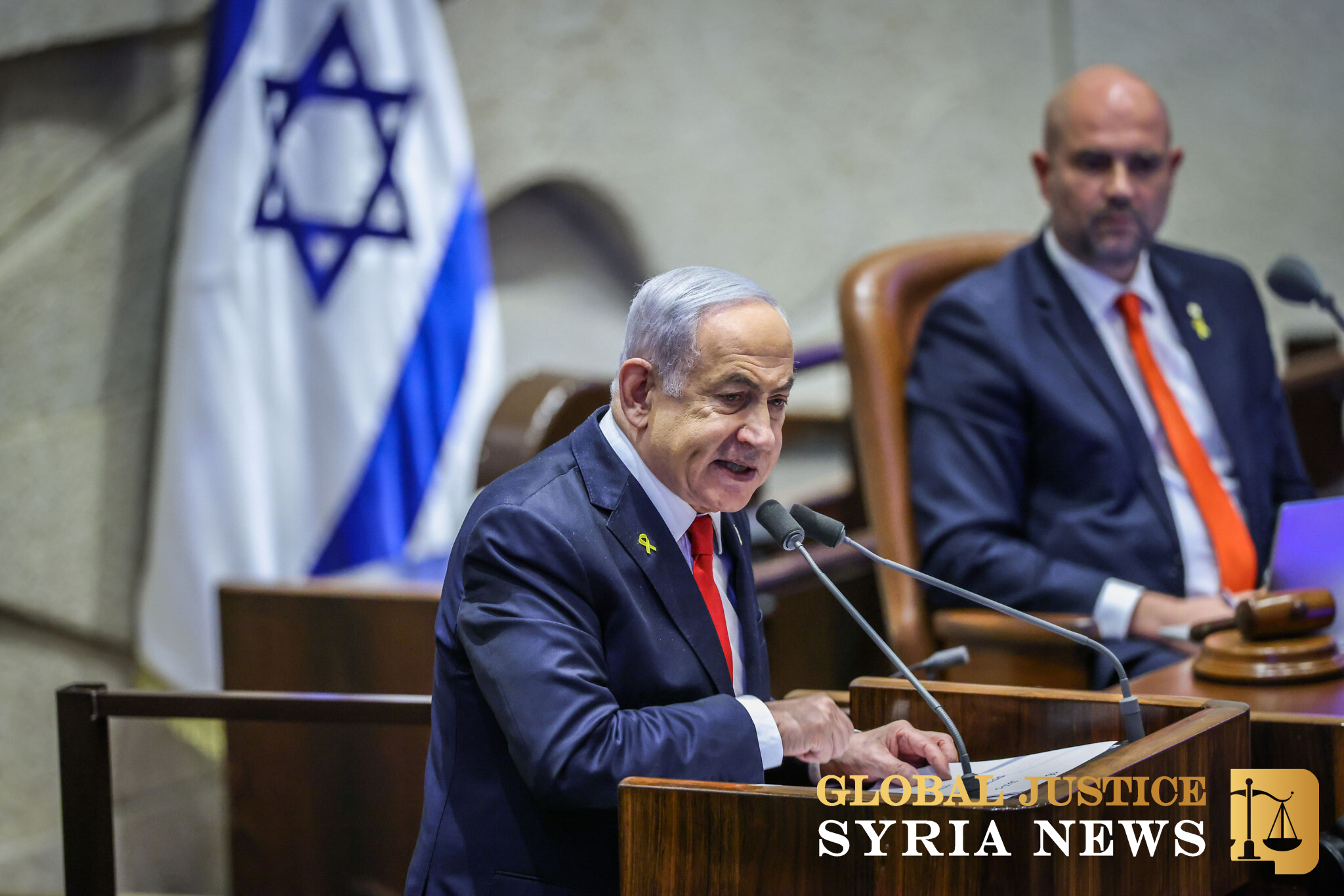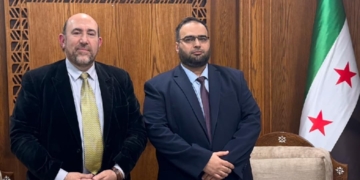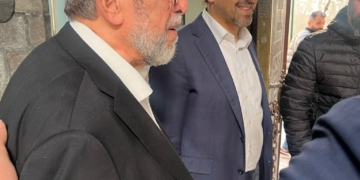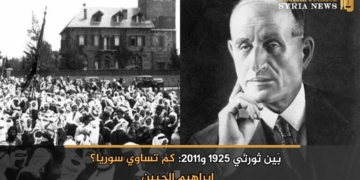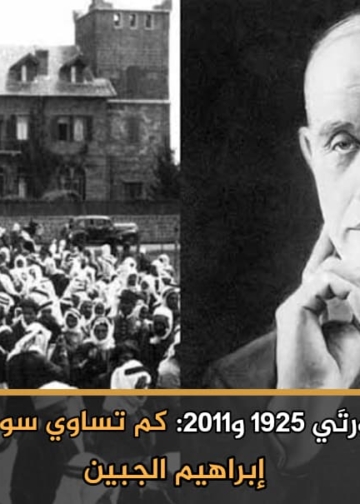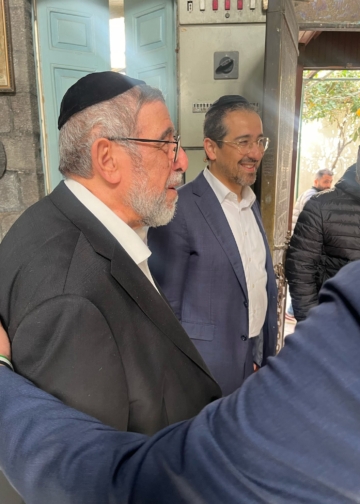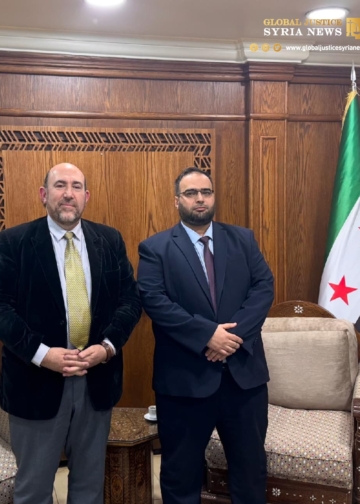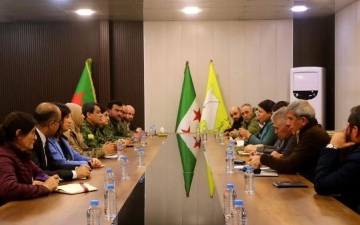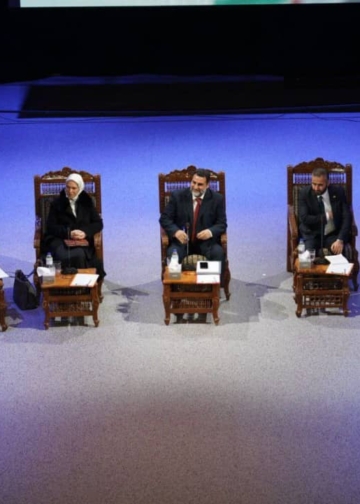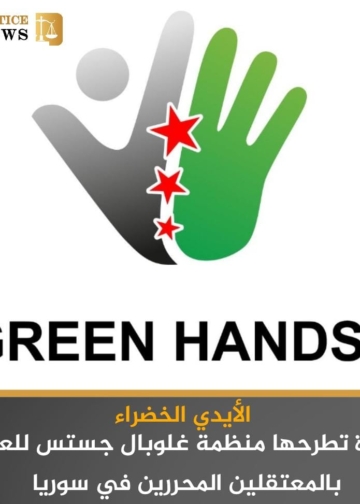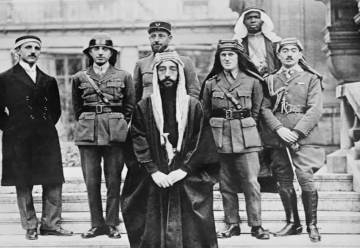The International Criminal Court (ICC) has issued arrest warrants for Israeli Prime Minister Benjamin Netanyahu, former Defense Minister Yoav Gallant, and Hamas leader Mohammed Deif, accusing them of war crimes and crimes against humanity amid the ongoing 13-month conflict between Israel and Palestinians in Gaza.
The ICC alleges that Netanyahu and Gallant “intentionally and knowingly deprived the civilian population in Gaza of objects indispensable to their survival,” citing systematic restrictions on food, water, medicine, and fuel supplies from October 2023 to May 2024. The court also accuses Deif, the former commander of Hamas’ military wing, of orchestrating crimes against humanity during the October 7, 2023, attacks that killed 1,200 Israelis and took 250 hostages.
Reactions to the ICC’s Decision
Netanyahu condemned the arrest warrant, calling it disgraceful and antisemitic. In a statement, he defended Israel’s military campaign in Gaza as a fighting against terrorism, rejecting allegations of targeting civilians. Gallant echoed this sentiment, accusing the ICC of equating Israel’s self-defense with acts of terrorism by Hamas, labeling the court’s decision as a “dangerous precedent.”
Hamas, in contrast, welcomed the warrants against Israeli officials, calling them a “important and historic precedent” but made no mention of the charges against Deif.
The Conflict’s Toll
The war, triggered by Hamas-led attacks in October 2023, has caused unprecedented destruction and displacement in Gaza. The Gaza Health Ministry reports over 44,000 deaths and 104,000 injuries since the conflict began, with more than half the fatalities reportedly women and children. Israel claims to have killed over 17,000 Hamas militants, though independent verification of these numbers is limited.
In Lebanon, Israeli airstrikes targeting Hezbollah have killed over 3,500 people, while Hezbollah’s attacks on northern Israel have claimed 70 lives and displaced tens of thousands. The regional escalation has strained cease-fire negotiations and increased international scrutiny of the conflict.
Legal Implications and International Reactions
The ICC’s warrants obligate its 124 member states to arrest the accused if they travel abroad. While the United States and Israel are not members of the ICC, European nations face growing pressure to act. Dutch Foreign Minister Caspar Veldkamp stated that the Netherlands would comply with the warrant if Netanyahu entered the country. Other nations, like France and Italy, have taken a more cautious approach, emphasizing the complexity of the legal and political implications.
The warrants highlight Western nations’ role in the conflict. Analysts suggest that ongoing arms sales to Israel may face renewed scrutiny, as supplying weapons to a state accused of war crimes could contravene international law.
What’s Next?
The ICC does not conduct trials in absentia, so arrests are a prerequisite for judicial proceedings. While the court has no enforcement mechanism, the warrants represent a significant diplomatic and legal challenge for Israel and Hamas leaders, potentially restricting their international travel and increasing global calls for accountability.
The ICC’s decision has reignited debates over the application of international justice, with human rights advocates praising the move as a step towards addressing impunity in the Israel-Palestine conflict. However, critics argue that the court’s actions risk politicizing justice and exacerbating tensions in an already volatile region.
The warrants may complicate efforts to negotiate a cease-fire, but they underscore the enduring demand for accountability in one of the world’s most protracted and contentious conflicts.


